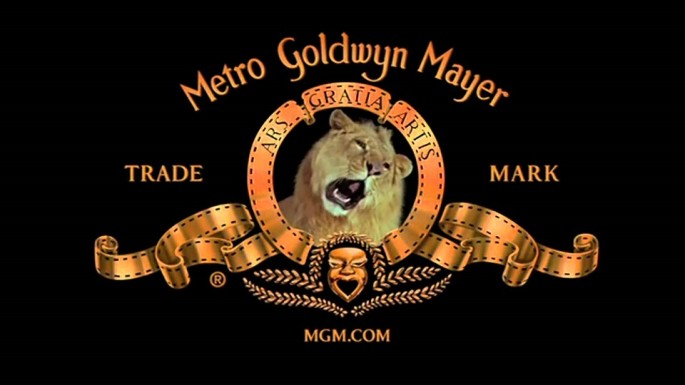Another major Hollywood movie studio would have been snapped up by a Chinese conglomerate had not Beijing’s crackdown on overseas investment prevented the acquisition.
Business Standard reported that talks in late 2016 bogged down between several Chinese companies and Metro-Goldwyn-Mayer Studios because of the Chinese government’s effort to stop capital flow caused by Chinese investment overseas. However, an MGM spokeswoman insisted that the studio is not for sale.
Hollywood Golden Age
MGM is behind a lot of classic Hollywood movies such as “The Wizard of OZ” and “Singin’ in the Rain.” Although MGM has become smaller, it is now owned by private-equity companies, making the studio a likely target for takeover. Although not as active in large-scale movie production as during the Golden Age of Hollywood, MGM’s main and most important asset is its film library which has thousands of titles, including co-owning several “James Bond” movies.
In 2016, Chinese interest in MGM cropped up when Paramount Pictures of Viacom considered an offer from Dalian Wanda. MGM was not included in the formal auction process, but it has indicated to potential business partners it would be interested in going public in the next few years.
Seeking a Buyer?
According to Marketwatch, MGM is seeking a buyer. Among the hedge fund owners of MGM are the Anchorage Capital Group of Kevin Ulrich, Highland Capital and Third Point of Daniel Loeb. In 2010, MGM went through a complex bankruptcy and it was in debt by $3.7 billion, but debtholders converted their holdings into equity.
Besides MGM, Voltage Pictures was also on the verge of being purchased for $350 million by Anhi Xinke New Materials, a metal manufacturer in China. Voltage, based in Los Angeles, produced the films “Dallas Buyers Club” and “The Hurt Locker.”
The buy-out was close to being a done deal when Xinke backed out without any clear communication, according to person close to Voltage. The movie production company is filing a lawsuit against Xinke for breach of contract and is seeking over $300 million in damage. Xinke, however, in a regulatory filing with the Shanghai Stock Exchange, claimed that Voltage failed to provide additional information requested by the regulator.



























